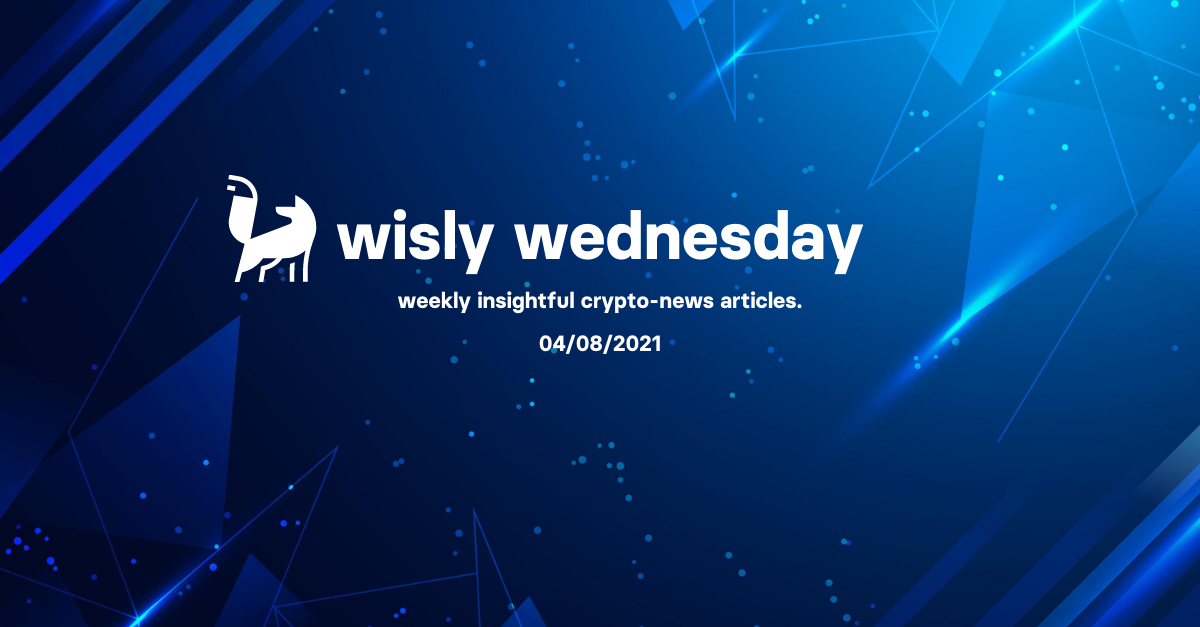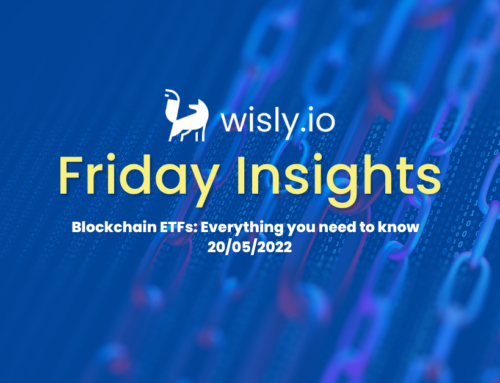It’s been another dramatic week in the world of crypto with some fascinating developments for crypto enthusiasts to consider. South Korea shuts down non-compliant crypto exchanges; PayPal looks to expand cryptocurrency services; Bank of America sceptical of El Salvador’s Bitcoin adoption, and Saudi Aramco denies involvement in Bitcoin mining activities.
South Korea shuts down non-compliant crypto exchanges

South Korean officials have ramped up their efforts to crack down on crypto exchanges in the country by shutting down those businesses that remain non-compliant. It is reported that 11 mid-sized crypto exchanges in South Korea have ceased operations as they were operating illegally without the necessary licenses.
This decision was made by the Financial Services Commission (FSC) in the country as they determined that those businesses were being run without the necessary authorisation. The FSC has also notified all local authorities about these illegal business activities. Experts in the region predicted earlier this year that non-compliant crypto exchanges could possibly be closed due to amendments in South Korean law regarding crypto activity.
While the FSC did not name the 11 crypto exchanges that were shut down, one of South Korea’s popular crypto exchanges, CPDAX, recently announced that its platform will cease operations from 1 September 2021. A recently released statement by CPDAX announced, “It is not a temporary but a permanent measure to close business. Those who possess cryptocurrencies in the account must withdraw them before 3.00 pm on 31 August 2021.”
PayPal looks to expand cryptocurrency services

Online payment giant, PayPal, has revealed its ambitious plans to expand cryptocurrency services to its clients. This would include features such as a new type of wallet called a Super App, an open banking integration, U.K expansion plans, and third-party wallet transfers. Speaking at PayPal’s second-quarter virtual meeting, CEO Dan Schulman spoke about the company’s crypto plans and the progress that was being made.
Schulman said, “I’m pleased to report the initial version of our new consumer wallet Super App is code-complete and we are now beginning to slowly ramp up. New features will include high yield savings, new and improved bill pay functionality, messaging capabilities outside of P2P to enable family and friends communications, as well as additional crypto capabilities and customised deals and offers.”
He added, “We continue to be really pleased with the momentum we’re seeing on crypto and we’re obviously adding incremental functionality into that. We’re really looking at how do we integrate both the trading and the buy with crypto on our platform.” PayPal has recently increased the weekly crypto purchase limit to $100,000 and made the decision to remove the annual crypto limit for its clients.
Bank of America sceptical of El Salvador’s Bitcoin adoption

The Bank of America (BofA) has expressed scepticism of El Salvador’s recent adoption of Bitcoin as legal tender in the country. While it acknowledged that Bitcoin could boost El Salvador’s economy with lower international payment costs, it remained sceptical of the overall picture of Bitcoin adoption due to the volatility of the cryptocurrency.
Like many financial institutions around the globe, BofA stated that there were more risks than benefits for the widespread adoption of Bitcoin in the country. Analysts did note the number of benefits for El Salvador’s citizens that include making it easier for migrants to send money back home, lower work remittances, promoting a more digitised bank, and increased business opportunities with the U.S. would help the country’s economy.
It is said that up to 70% of El Salvador’s adults don’t have access to a bank account, and Bitcoin’s widespread adoption would go a long way in addressing this and help the country to progress. Despite these benefits, BofA remained sceptical of El Salvador’s Bitcoin adoption as legal tender largely due to its high volatility in short periods of time. A spokesperson for BofA said, “Allowing people to pay taxes in highly volatile Bitcoin is particularly worrying, and could lead to sharp falls in revenues if the price tumbles.”
Saudi Aramco denies involvement in Bitcoin mining activities

Saudi Arabia’s largest oil exporter, Saudi Aramco, has categorically dismissed claims of its involvement in Bitcoin mining activities. While Saudi Aramco has made substantial investments in the crypto market recently, it has distanced itself from Bitcoin mining activities. A massive $5 million investment was made last year by Saudi Aramco in blockchain-based oil-trading firm, Vakt, with the aim to streamline and digitise post-trade processing.
Since then, there have been rumours that the oil conglomerate has undertaken Bitcoin mining activities. An official statement from Saudi Aramco said, “With reference to recent reports claiming that the company will embark on Bitcoin mining activities, Aramco confirms that these claims are completely false and inaccurate.”
While Saudi Aramco has a long history of investing in blockchain companies, the latest statement has put to bed unsubstantiated rumours of the oil giant’s involvement in Bitcoin mining activities.




